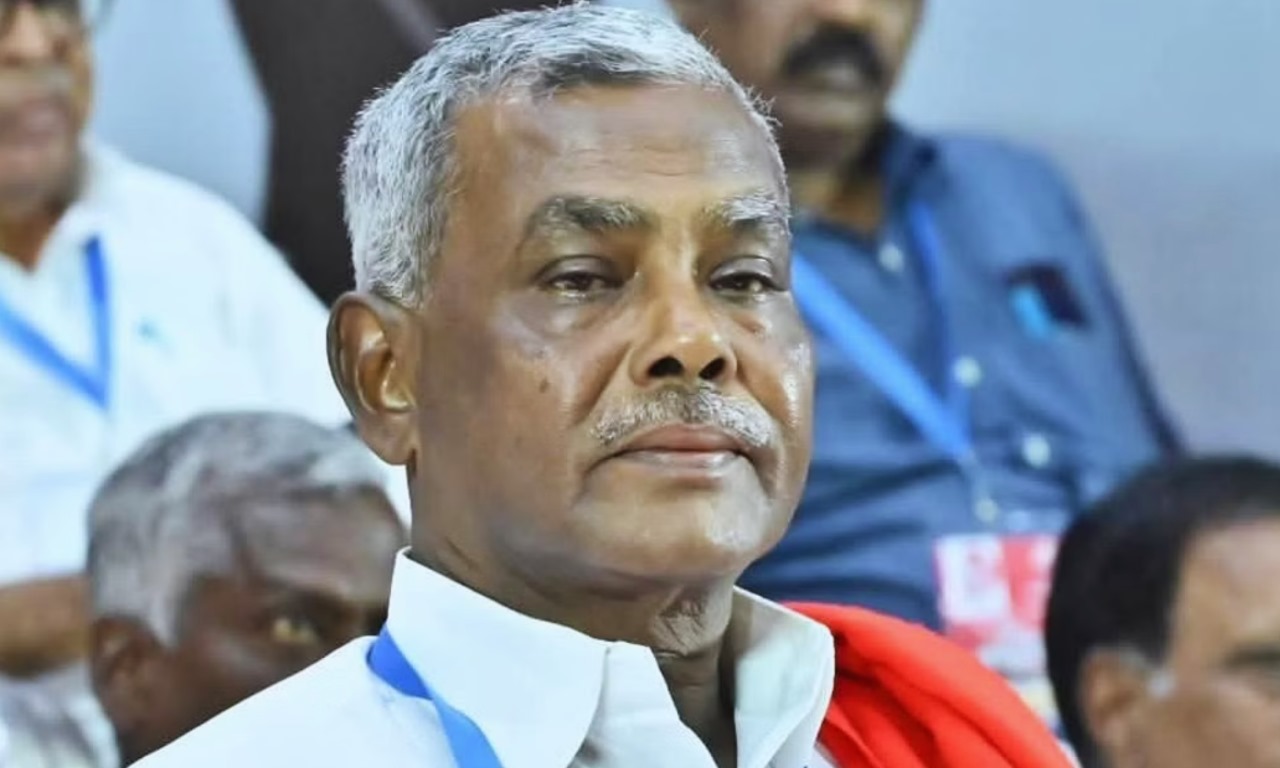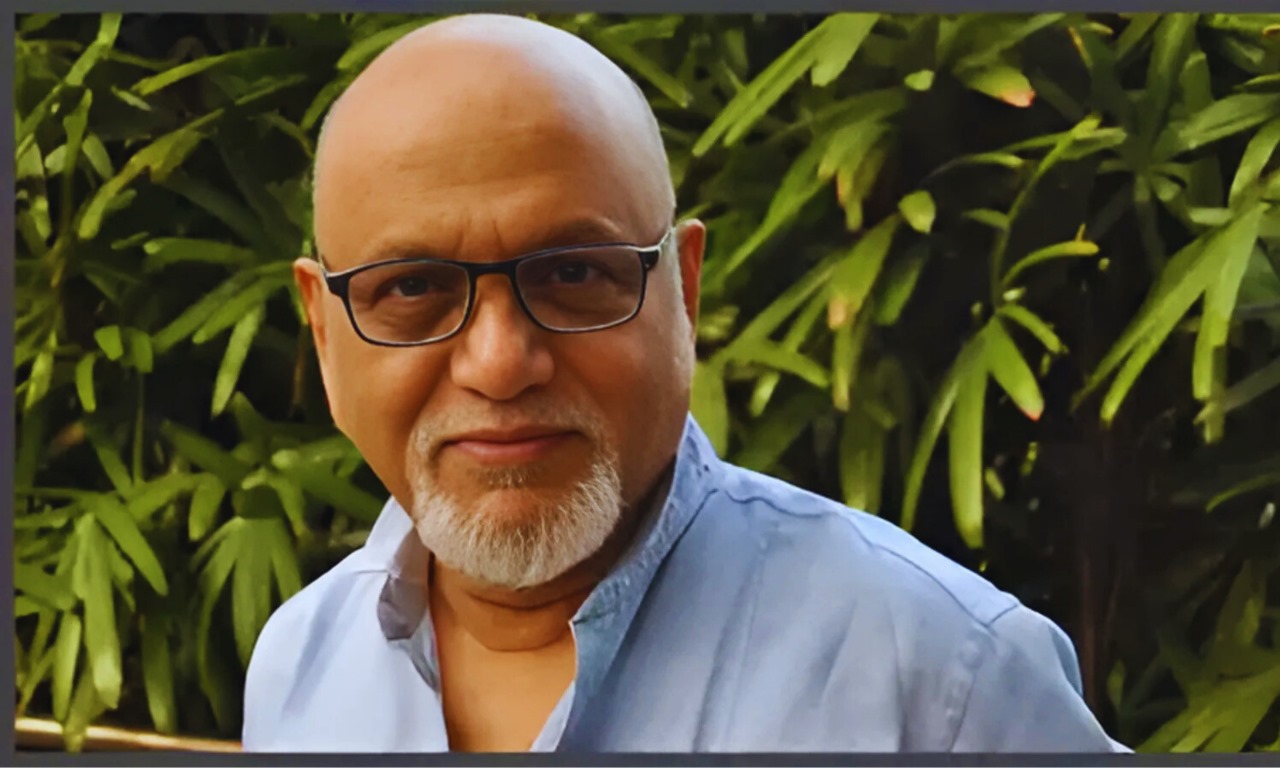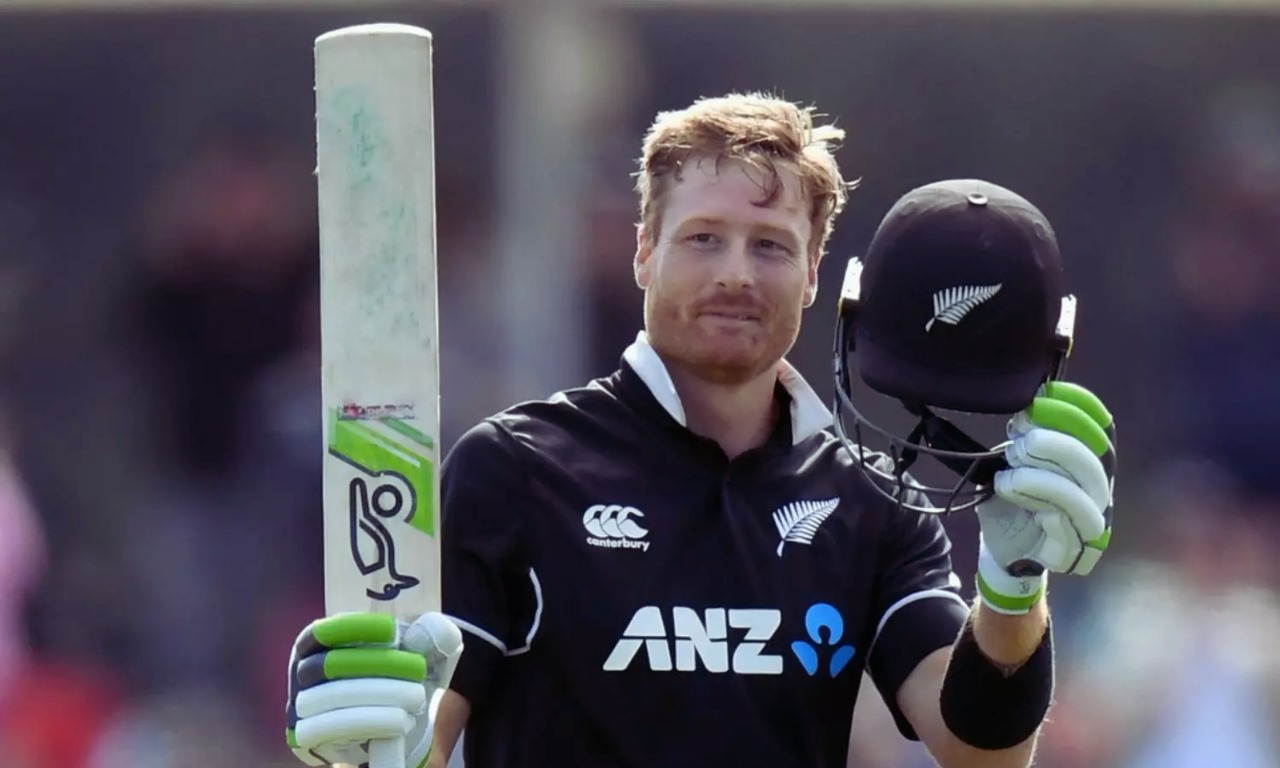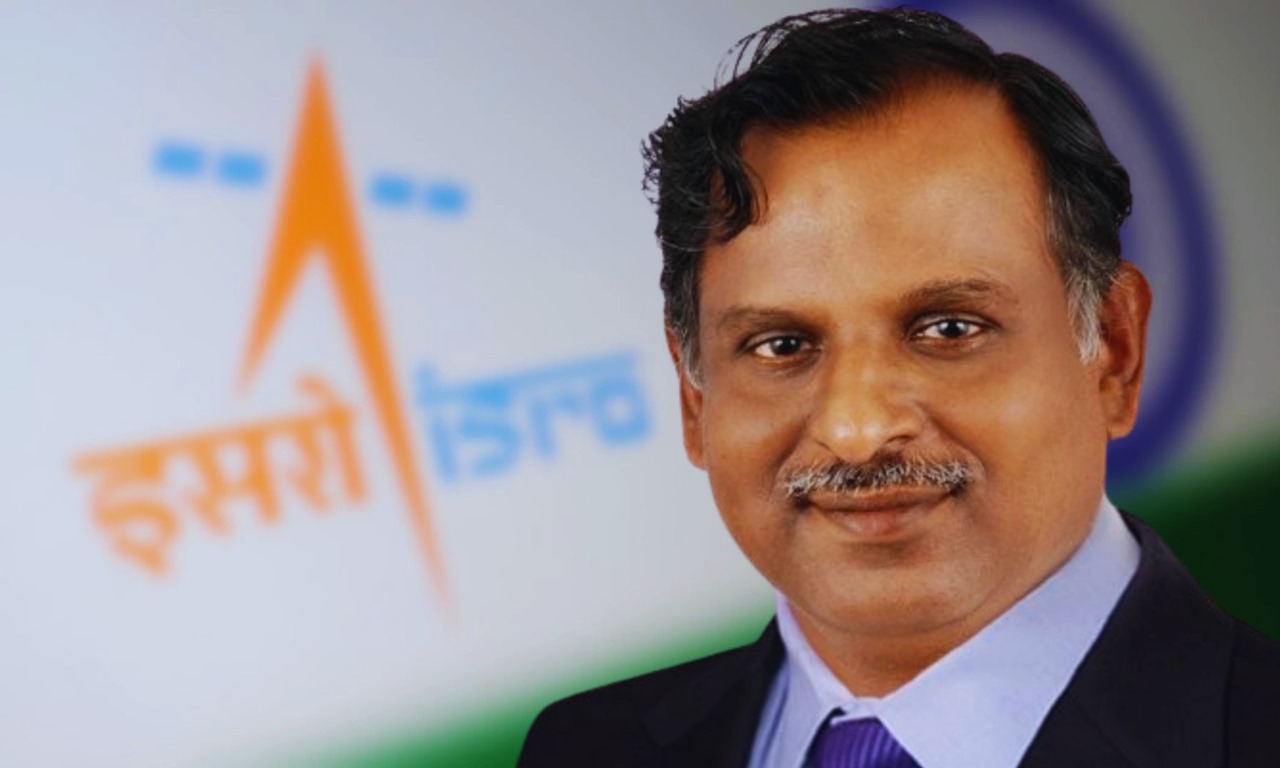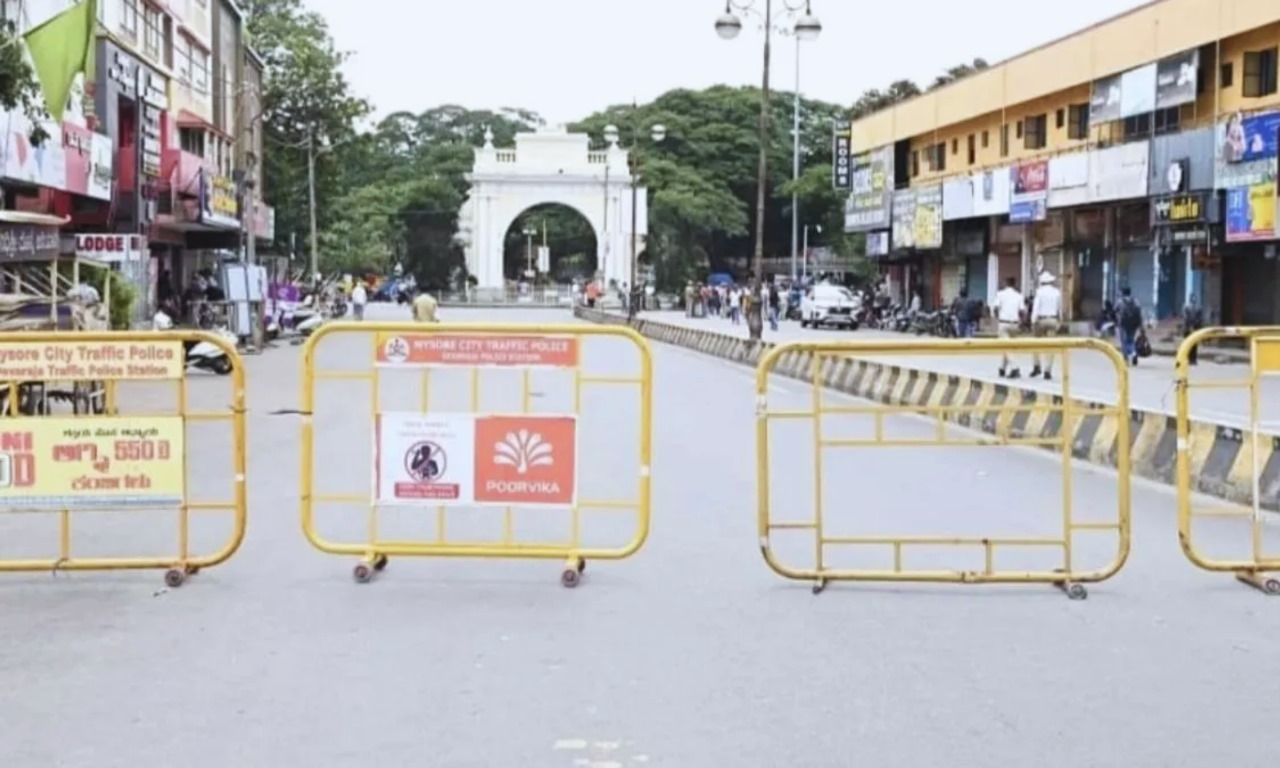Lok Sabha Introduces ‘One Nation, One Election’ Bills Amid Congress’ Criticism Over Lack of Two-Thirds Majority
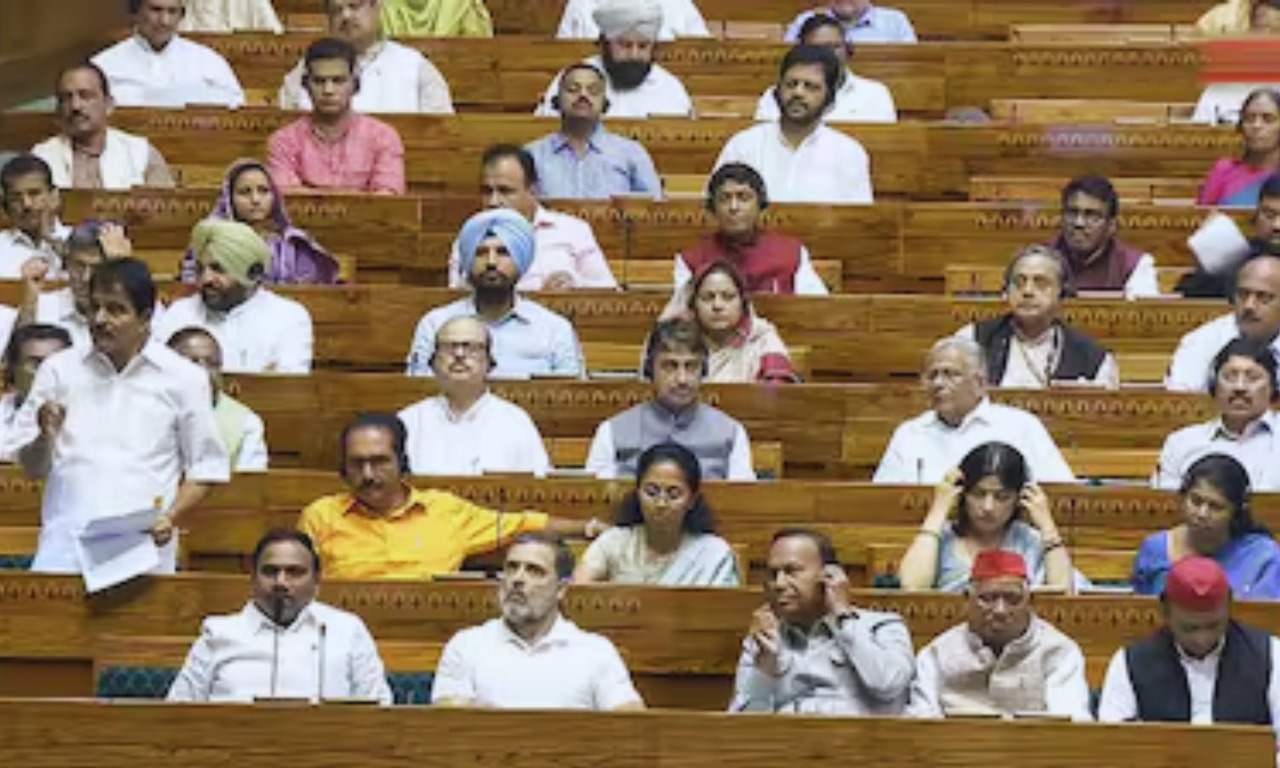
The Lok Sabha, on Tuesday, conducted a division vote to introduce two bills aimed at amending the Constitution to facilitate simultaneous federal and state elections.
This move aligns with the BJP’s ‘one nation, one election’ agenda. The bills were introduced by a simple majority as per parliamentary rules, with 269 MPs voting in favor and 198 opposing.
Critics highlighted this margin as evidence of insufficient support for the proposal, even at this preliminary stage.
Key Numbers in the Debate
Congress MP Manickam Tagore pointed out the numbers on social media, stating, “Two-thirds majority (i.e., 307) was needed out of the total 461 votes… but the government secured only (269), while the opposition got 198. The ‘One Nation, One Election’ proposal failed to gain two-thirds support.”
Congress leader Shashi Tharoor echoed similar concerns, noting the gap in numbers. “Undoubtedly the government has larger numbers on its side… but to pass it (bills to amend the Constitution) you need a 2/3 majority that they very clearly don’t have,” he said.
As per the rules, amending the Constitution requires the support of two-thirds of members present and voting. With 461 members participating in this vote, the Congress highlighted that 307 votes were required for the bill’s passage.
However, only 269 MPs supported it, prompting opposition leaders to assert that the bill lacks adequate backing.
Opposition’s United Front
Several opposition leaders, including the Congress’ Manish Tewari, the Samajwadi Party’s Dharmendra Yadav, and Kalyan Banerjee of the Trinamool Congress, strongly opposed the bill.
Uddhav Thackeray’s Shiv Sena faction, Sharad Pawar’s NCP group, and smaller parties like the CPI(M) and the Indian Union Muslim League also criticized the proposal.
A common concern among these parties is that simultaneous elections could undermine the federal structure of the Constitution.
Trinamool Congress leader and West Bengal Chief Minister Mamata Banerjee labeled the proposal as “an authoritarian imposition” that threatens India’s democracy.
TR Baalu of the DMK questioned the financial implications, stating that implementing simultaneous polls would require the Election Commission to spend ₹ 10,000 crore on new EVMs every 15 years.
BJP’s Response and Challenges
Law Minister Arjun Ram Meghwal introduced the Constitution (129th Amendment) Bill and defended the proposal against opposition criticisms.
He argued, “Laws can be brought in for electoral reforms… this bill is aligned with the process of easing the electoral process, which will be synchronised. There will be no damage to the Constitution via this Bill.”
However, the BJP faces significant challenges. The party’s NDA alliance has 293 MPs, short of the 307 needed for the constitutional amendments.
Even with support from non-aligned parties like the YSR Congress and the Akali Dal, the BJP still requires additional votes. To address absences during the voting session, the BJP plans to issue notices to over 20 MPs who failed to attend, despite a three-line whip.
The Concept of ‘One Nation, One Election’
The proposal seeks to synchronize Lok Sabha and state assembly elections, so voters would elect both central and state representatives in the same year. Currently, election schedules vary significantly.
For example, Andhra Pradesh, Arunachal Pradesh, Sikkim, and Odisha voted alongside the Lok Sabha elections in 2024, while other states like Karnataka, Rajasthan, and Telangana voted separately. States like Delhi and Bihar will vote in 2025, and Tamil Nadu and West Bengal in 2026.
Feasibility of Simultaneous Elections
Implementing this proposal requires amendments to several constitutional articles, including Articles 83, 85, 172, 174, and 356, which pertain to the terms and dissolution of Parliament and state legislatures, as well as the imposition of President’s Rule.
Experts caution that failure to secure the necessary amendments could expose the proposal to legal challenges for violating the federal structure of the Constitution.
For now, the bill is expected to be sent to a joint committee, where the BJP will likely have the majority based on its numbers in the Lok Sabha. However, the path ahead remains uncertain, with both political and constitutional hurdles still to overcome.



